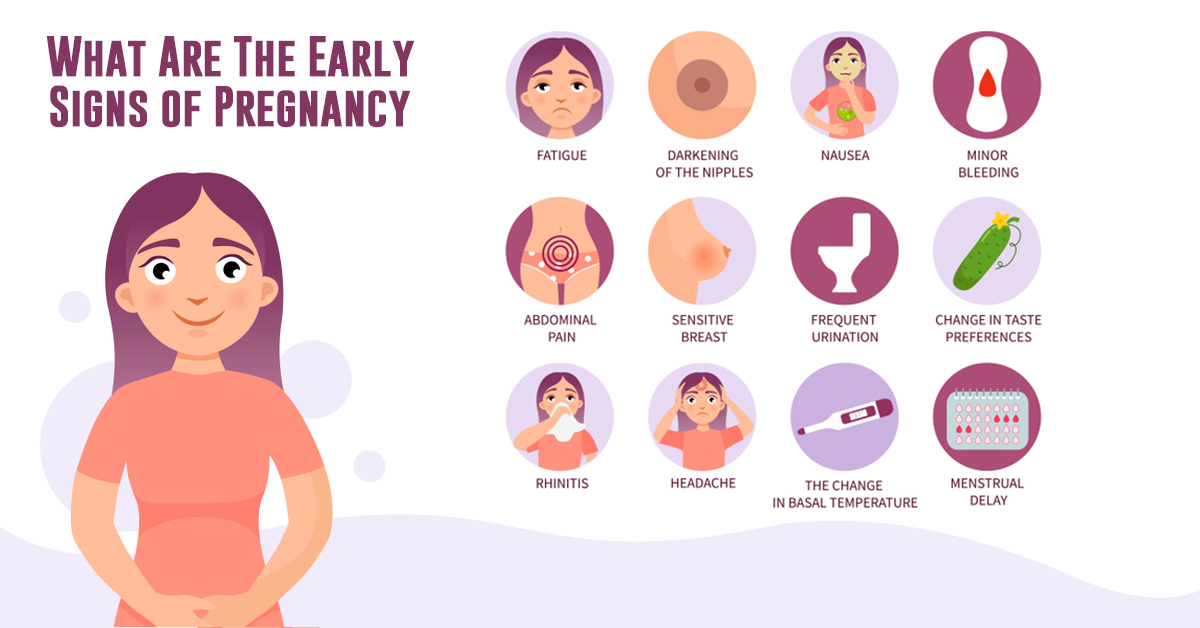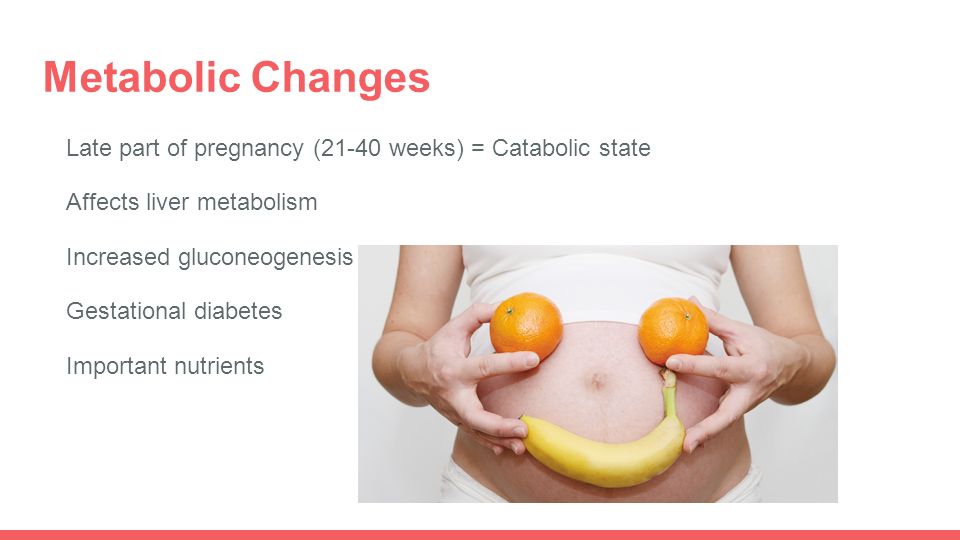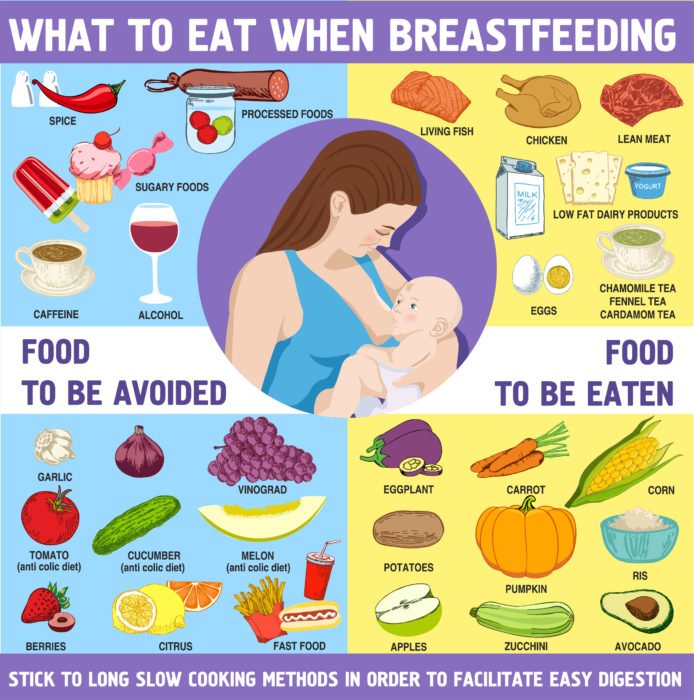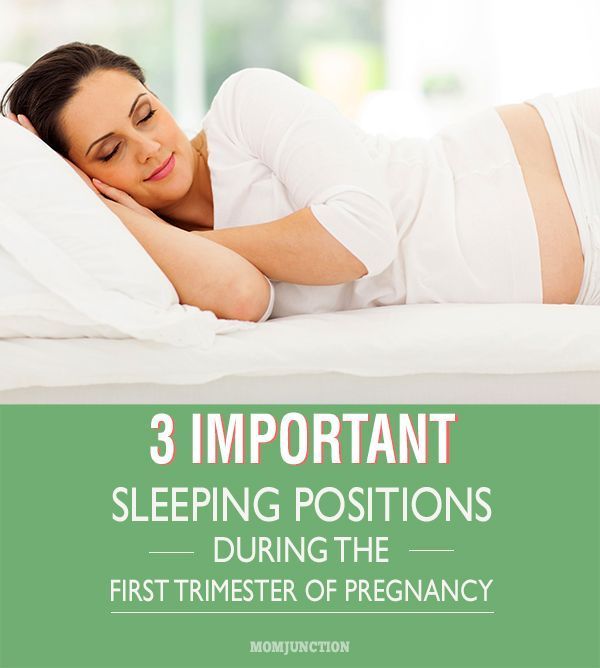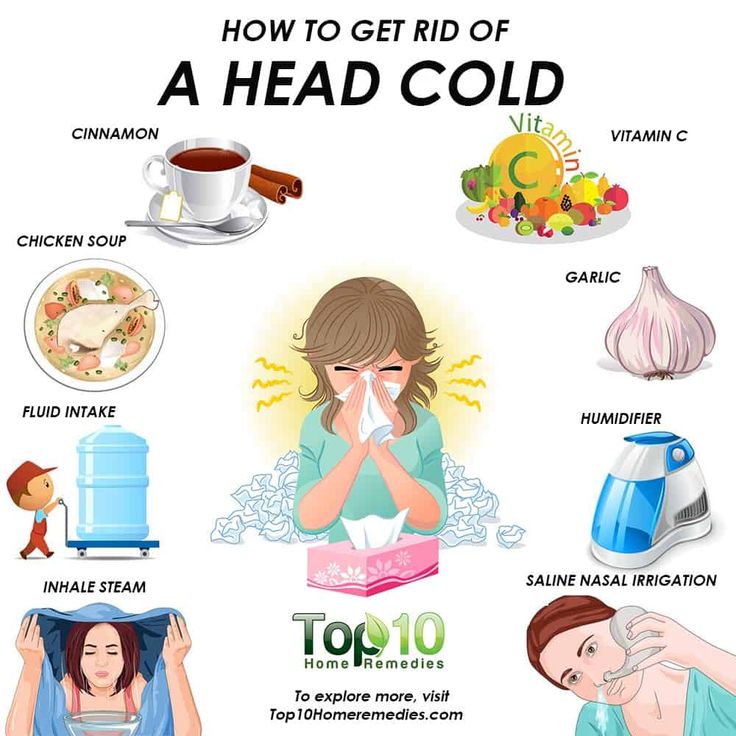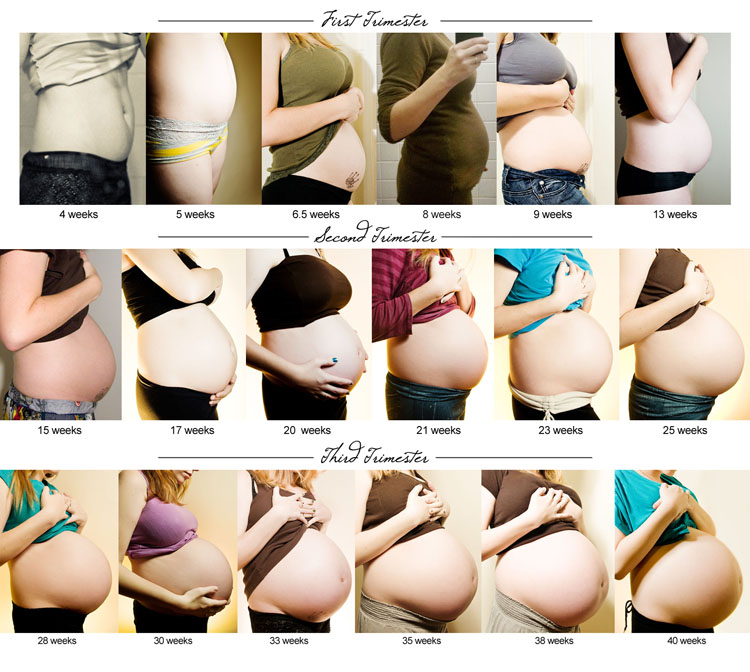Stools during pregnancy
All the Ways Your Bowel Movements May Change
Pregnancy takes your body through a lot of changes, so at times you won’t feel like yourself. But while some pregnancy issues are expected — a growing bump, morning sickness, and moodiness — changes in your bowel activity might come as a surprise.
Granted, pregnancy poop isn’t the most exciting topic to talk about. But knowing what to expect can remove the element of surprise and settle worries when the unexpected does occur.
First thing about pregnancy poop: There may be times when it doesn’t seem to be happening at all. Constipation is having fewer than three bowel movements a week. To be fair, irregularity can happen anytime, whether you’re pregnant or not. But it’s a complaint that affects a lot of pregnant people.
Different factors contribute to constipation, such as too little fiber, inactivity, or eating foods that don’t agree with you. When it occurs during pregnancy, though, it’s often due to an increase in the hormone progesterone.
This hormone slows muscle contractions in the intestines. And when muscle contractions slow down, your bowels don’t flow as freely or as easily.
Symptoms of constipation include hard, dry stools, bloating, and straining. You may also have gas or stomach pain, which is probably the last thing you want to deal with when pregnant.
The good news is that constipation can be an easy fix. Drink plenty of fluids, especially water, to help soften stools so that they’re easier to pass. In addition, add more fiber to your diet. This includes eating more vegetables and fruits.
A stool softener might help severe constipation, but be sure to talk with your doctor first.
Blood on the tissue after wiping can send you into a state of panic. But don’t think the worst.
Seeing some blood in your stool or on the toilet paper is another common pregnancy occurrence, especially if you’ve been dealing with constipation.
Constipation isn’t only physically uncomfortable, it can also lead to straining. This can cause small rectal tears (fissures) or swollen veins (hemorrhoids). Both can cause bleeding from the rectum — usually a small amount of blood that appears pink or bright red.
Hemorrhoids and anal fissures can heal on their own. But to prevent the occurrence of new ones, take steps to avoid constipation and don’t strain.
Even though fissures and hemorrhoids are common, you should always notify your doctor of bleeding during bowel movements. Bleeding is sometimes due to other issues in the digestive tract — more so when blood appears black or tarry.
Be mindful that eating certain foods can also change the color of your stools, making them appear red. This can happen after eating beets or foods that contain red or black food coloring.
Fluctuating hormones during pregnancy can also cause loose or watery stools. Diarrhea occurs as your body produces the hormone relaxin. This hormone is only released during pregnancy.
It prepares your body for labor and delivery by loosening your joints and ligaments. The problem, though, is that relaxin can also loosen the joints around your rectum, causing bouts of diarrhea.
For the most part, mild diarrhea isn’t serious, but it’s important to stay hydrated and drink plenty of fluids.
Contact your doctor if you have more than three loose stools a day, or if you have other symptoms such as:
- blood or mucus in your stools
- weight loss
- stomach pain
- fever
Speak with your doctor before taking any over-the-counter medications to treat loose stools.
Interestingly, the color of your stools can also change during pregnancy. Normal stools are usually light to dark brown, but during pregnancy, your poop could turn green.
Again, don’t be alarmed. A lot of times this is triggered by an increase in fiber intake, or more specifically, eating more vegetables and leafy greens. Good for you if you’ve increased your healthy food intake during pregnancy!
If you’re taking prenatal vitamins or an iron supplement, both have also been known to change the color of poop from brown to green. You may even have green bowel movements if you take a prescribed antibiotic while pregnant.
Your stools will return to a normal color after you stop taking certain vitamins and medications.
But although green poop is normal and doesn’t usually indicate a problem, talk with your doctor if you have any concerns. Sometimes, green poop is due to an infection, gallstones, food poisoning, and irritable bowel syndrome.
Very dark stools can also occur during pregnancy. Notify your doctor if you notice black or tarry poop. Again, although food dyes can turn stools dark, a dark color can also signal bleeding in your digestive tract.
When you tell friends and family that you’re expecting, some will see this as an invitation to share their own pregnancy story — the good, the bad, and the ugly.
And when it comes to actually having the baby, you may feel it doesn’t get any uglier than losing your bowels during delivery. In fact, this might be your greatest fear.
But the truth is that pooping during delivery is common, and it’s nothing to be ashamed or worried about. (It doesn’t happen to everyone, so you might be worrying about nothing.)
The muscles you use to bring life into the world are the same muscles you use during a bowel movement. So yes, it can happen. Just know that you wouldn’t be the first mother to poop during delivery, and you won’t be the last.
If it makes you feel any better, the hospital prepares for this possibility. A nurse will swiftly clean it up — as if it never happened.
But if you’re still concerned about this, you can try and relieve yourself before you’re ready to push. Ask your nurse or doctor if it’s safe to take a suppository. These often trigger a bowel movement within minutes.
After a vaginal delivery, it’s only normal to be a little anxious about the first bowel movement after giving birth.
You might worry about additional soreness down below or irritating stitches if you had some tearing. Of course, this is only if you’re able to go. Pain medication you receive during and after labor can make your muscles a bit sluggish, initially causing constipation.
When you’re ready to go, taking a stool softener and drinking plenty of water and juice can make your first poop after delivery easier.
It also helps to have a pain reliever on hand, and maybe witch hazel cleansing pads, to reduce burning and inflammation. The important thing to remember is don’t strain.
Let things flow naturally to avoid hemorrhoids and anal fissures, which can cause more pain and discomfort.
Pregnancy poop may not be something you want to talk about, but it’s something you need to think about.
Pregnancy can affect every part of your body, so expect your bowels to go through some changes, too. Keep in mind that every pregnancy is different. The key is knowing what to expect, so when changes do occur, you’re not caught completely off guard.
If you have any concerns, talk to your doctor. They’ll be able to help figure out the cause.
All the Ways Your Bowel Movements May Change
Pregnancy takes your body through a lot of changes, so at times you won’t feel like yourself. But while some pregnancy issues are expected — a growing bump, morning sickness, and moodiness — changes in your bowel activity might come as a surprise.
Granted, pregnancy poop isn’t the most exciting topic to talk about. But knowing what to expect can remove the element of surprise and settle worries when the unexpected does occur.
First thing about pregnancy poop: There may be times when it doesn’t seem to be happening at all. Constipation is having fewer than three bowel movements a week. To be fair, irregularity can happen anytime, whether you’re pregnant or not. But it’s a complaint that affects a lot of pregnant people.
Different factors contribute to constipation, such as too little fiber, inactivity, or eating foods that don’t agree with you. When it occurs during pregnancy, though, it’s often due to an increase in the hormone progesterone.
This hormone slows muscle contractions in the intestines. And when muscle contractions slow down, your bowels don’t flow as freely or as easily.
Symptoms of constipation include hard, dry stools, bloating, and straining. You may also have gas or stomach pain, which is probably the last thing you want to deal with when pregnant.
The good news is that constipation can be an easy fix. Drink plenty of fluids, especially water, to help soften stools so that they’re easier to pass. In addition, add more fiber to your diet. This includes eating more vegetables and fruits.
A stool softener might help severe constipation, but be sure to talk with your doctor first.
Blood on the tissue after wiping can send you into a state of panic. But don’t think the worst.
Seeing some blood in your stool or on the toilet paper is another common pregnancy occurrence, especially if you’ve been dealing with constipation.
Constipation isn’t only physically uncomfortable, it can also lead to straining. This can cause small rectal tears (fissures) or swollen veins (hemorrhoids). Both can cause bleeding from the rectum — usually a small amount of blood that appears pink or bright red.
Hemorrhoids and anal fissures can heal on their own. But to prevent the occurrence of new ones, take steps to avoid constipation and don’t strain.
Even though fissures and hemorrhoids are common, you should always notify your doctor of bleeding during bowel movements. Bleeding is sometimes due to other issues in the digestive tract — more so when blood appears black or tarry.
Be mindful that eating certain foods can also change the color of your stools, making them appear red. This can happen after eating beets or foods that contain red or black food coloring.
Fluctuating hormones during pregnancy can also cause loose or watery stools. Diarrhea occurs as your body produces the hormone relaxin. This hormone is only released during pregnancy.
It prepares your body for labor and delivery by loosening your joints and ligaments. The problem, though, is that relaxin can also loosen the joints around your rectum, causing bouts of diarrhea.
For the most part, mild diarrhea isn’t serious, but it’s important to stay hydrated and drink plenty of fluids.
Contact your doctor if you have more than three loose stools a day, or if you have other symptoms such as:
- blood or mucus in your stools
- weight loss
- stomach pain
- fever
Speak with your doctor before taking any over-the-counter medications to treat loose stools.
Interestingly, the color of your stools can also change during pregnancy. Normal stools are usually light to dark brown, but during pregnancy, your poop could turn green.
Again, don’t be alarmed. A lot of times this is triggered by an increase in fiber intake, or more specifically, eating more vegetables and leafy greens. Good for you if you’ve increased your healthy food intake during pregnancy!
If you’re taking prenatal vitamins or an iron supplement, both have also been known to change the color of poop from brown to green. You may even have green bowel movements if you take a prescribed antibiotic while pregnant.
Your stools will return to a normal color after you stop taking certain vitamins and medications.
But although green poop is normal and doesn’t usually indicate a problem, talk with your doctor if you have any concerns. Sometimes, green poop is due to an infection, gallstones, food poisoning, and irritable bowel syndrome.
Very dark stools can also occur during pregnancy. Notify your doctor if you notice black or tarry poop. Again, although food dyes can turn stools dark, a dark color can also signal bleeding in your digestive tract.
When you tell friends and family that you’re expecting, some will see this as an invitation to share their own pregnancy story — the good, the bad, and the ugly.
And when it comes to actually having the baby, you may feel it doesn’t get any uglier than losing your bowels during delivery. In fact, this might be your greatest fear.
But the truth is that pooping during delivery is common, and it’s nothing to be ashamed or worried about. (It doesn’t happen to everyone, so you might be worrying about nothing.)
The muscles you use to bring life into the world are the same muscles you use during a bowel movement. So yes, it can happen. Just know that you wouldn’t be the first mother to poop during delivery, and you won’t be the last.
If it makes you feel any better, the hospital prepares for this possibility. A nurse will swiftly clean it up — as if it never happened.
But if you’re still concerned about this, you can try and relieve yourself before you’re ready to push. Ask your nurse or doctor if it’s safe to take a suppository. These often trigger a bowel movement within minutes.
After a vaginal delivery, it’s only normal to be a little anxious about the first bowel movement after giving birth.
You might worry about additional soreness down below or irritating stitches if you had some tearing. Of course, this is only if you’re able to go. Pain medication you receive during and after labor can make your muscles a bit sluggish, initially causing constipation.
When you’re ready to go, taking a stool softener and drinking plenty of water and juice can make your first poop after delivery easier.
It also helps to have a pain reliever on hand, and maybe witch hazel cleansing pads, to reduce burning and inflammation. The important thing to remember is don’t strain.
Let things flow naturally to avoid hemorrhoids and anal fissures, which can cause more pain and discomfort.
Pregnancy poop may not be something you want to talk about, but it’s something you need to think about.
Pregnancy can affect every part of your body, so expect your bowels to go through some changes, too. Keep in mind that every pregnancy is different. The key is knowing what to expect, so when changes do occur, you’re not caught completely off guard.
If you have any concerns, talk to your doctor. They’ll be able to help figure out the cause.
Toxemia, Intestinal Problems & Heartburn
Find out how pregnancy affects the digestive tract, which trimesters are more likely to cause symptoms of indigestion and nausea, and what to do to manage them.
During pregnancy, the burden on the mother's body increases. The body needs more nutrients, the body produces additional hormones. And the growing fetus puts pressure on neighboring organs, including the stomach and intestines. We tell you what symptoms are observed in each trimester, how to cope with toxicosis and get rid of heartburn. nine0005
Contents:
- 2. Toxicosis and pregnancy
- 3. Causes, risks and treatment of diarrhea during pregnancy
- 4. Heartburn and stomach pain during pregnancy
- 5. Bloating, constipation and microbiota during pregnancy
- 6. Note
Changes in the work of the gastrointestinal tract by trimesters of pregnancy
The average duration of pregnancy is 40 weeks, which are usually divided into trimesters in accordance with the stages of intrauterine development of the child. nine0005
Each trimester is accompanied by a number of changes in the body, including in the gastrointestinal tract:
| The first trimester 1–13 weeks | 900 26 weeks | Third trimester of pregnancy 27–40 weeks |
| Morning sickness Morning sickness Zapor Intestinal disorder increased appetite TREAM to certain products Acid Reflux |
The Atlas Genetic Test will help you find out how your genes affect the level of female sex hormones necessary for fertility and pregnancy.
![]()
Causes of gastrointestinal problems during pregnancy
Every pregnancy is accompanied by inevitable changes in the functioning of the digestive system. They are most often caused by hormonal changes and increased stress on organs, but they can also be associated with lifestyle and health conditions, for example:
- Sedentary lifestyle and unbalanced diet;
- Certain drugs, including calcium or aluminum antacids;
- Viral and bacterial infections;
- Intolerance to certain nutrients and allergic reactions;
- Stress;
- Diseases of the thyroid gland.
If you have chronic diseases of the gastrointestinal tract and you are planning a pregnancy, try to consult your doctor in advance. Symptoms of conditions such as irritable bowel syndrome (IBS) or acid reflux are more likely to get worse during pregnancy. Your doctor will help prepare your body and create a prevention plan to help relieve symptoms during this time. nine0005
Irritable bowel syndrome, or IBS, is a functional bowel disease that causes frequent abdominal pain, impaired peristalsis, bloating, constipation, or diarrhea.
Morning sickness, vomiting and general malaise during pregnancy
Morning sickness and morning sickness during early pregnancy are common, because the body undergoes important changes necessary for the development of the child.
up to 90%
women experience nausea during pregnancy
Doctors find it difficult to say with certainty why pregnant women feel sick in the morning. The main theory is hormonal changes. But there are some patterns associated with an increased risk of morning sickness:
- Multiple pregnancy;
- Toxicosis during previous pregnancy;
- History of morning sickness during pregnancy in close relatives;
- Tendency to motion sickness in transport;
- Use of oral contraceptives containing estrogen before pregnancy; nine0010
- Frequent migraines;
- BMI 30 and above;
- Elevated levels of stress hormones
Risks of severe morning sickness and how to reduce nausea
Nausea and vomiting are usually not associated with a risk for mother and child and disappear by 16-20 weeks of pregnancy, but it is not necessary to wait so long - there are ways that can help reduce nausea and enjoy the process of waiting for a new person:
- Get plenty of rest - fatigue increases toxicosis; nine0010
- Avoid smells and foods that cause nausea;
- Eat something right after waking up.
A toast or a slice of bread will help reduce nausea;
- Avoid hunger - empty stomach increases nausea. Eat small meals often, prefer low-fat, high-carbohydrate foods;
- Try ginger - studies show it helps with nausea;
- Sip as often as possible and prefer still water. nine0010
In rare cases, pregnant women may develop hyperemesis gestationis or excessive vomiting. This is a serious condition that can lead to dehydration, kidney damage, seizures, abnormal heart rhythms, and even death.
Signs of dehydration include dry mouth, dizziness, dark urine, infrequent urination and/or dizziness.
Symptoms of excessive pregnancy vomiting:
- frequent nausea for a long time and regular vomiting after meals;
- dry skin and lips;
- sudden weight loss;
- low blood pressure (below 90/60).
If symptoms of excessive pregnancy vomiting occur, do not wait until the condition resolves on its own. It is necessary to seek medical help as soon as possible - the doctor will prescribe treatment, help adjust the diet and lifestyle of the expectant mother.
0.5–2%
pregnant women experience excessive vomiting
Diarrhea in pregnancy
The word "diarrhea" comes from the Greek language and literally means "to flow through". This is a condition during which bowel movements or bowel movements occur three times a day or more often. This phenomenon is especially typical for the third trimester of pregnancy, but it can also occur earlier.
Symptoms of diarrhea:
- Three or more bowel movements per day
- Urgent urge to have a bowel movement
- Abdominal pain and cramps
- Bloating
Causes of diarrhea during pregnancy poisoning, dysbacteriosis, bacterial and viral infections:
| Gastroenteritis | Use of lactose and gluten in case of intolerance to these nutrients |
| Bacterial infections: listeriosis or salmonella | Chronic gastrointestinal diseases: Crohn's disease, IBS, ulcerative colitis |
| Certain antibiotics and antacids to reduce acidity | Laxatives |
| Sugar substitutes such as sorbitol | Overconsumption of certain foods |
Tip: If you have recently returned from a vacation in an exotic country with nausea and diarrhea and find out you are pregnant, see your doctor as soon as possible. nine0126
Gastroenteritis
One common cause of diarrhea during pregnancy is gastroenteritis or stomach flu. It is caused by bacterial or viral infections: norovirus, rotavirus, E. coli, salmonella, which enter the body through contact with contaminated surfaces, dishes, food and water.
Gastroenteritis usually lasts about three days. However, severe illness is a health hazard, especially during pregnancy, as it can cause dehydration, electrolyte imbalance, and lead to preterm labor. nine0005
The main symptoms of gastroenteritis are diarrhea without blood, nausea and vomiting, stomach cramps and pain, slight fever, headache and muscle pain.
Take extra precautions to reduce your risk of getting sick: frequent handwashing and surface disinfection. If the expectant mother has small children, they are not recommended to use the same cutlery.
Risks of diarrhea during pregnancy
Usually diarrhea during pregnancy is not a cause for concern. However, you should consult a doctor if the following symptoms occur during this period:
- Diarrhea for more than two days;
- Blood or mucus stools;
- Sudden weight loss;
- Pain in the abdomen;
- Dehydration.
How to treat diarrhea during pregnancy
If you have diarrhea during pregnancy, drink plenty of fluids, avoid foods high in fat and sugar, avoid dairy products, and caffeinated drinks.
Dehydration is a serious risk, especially during pregnancy, so electrolyte balance should be restored first with fluids and simple foods:
| Moderate fruit juices | Drinks without alcohol and caffeine |
| Bananas | Potato |
| Rice | Toast |
| Rusks | Light soups and broths |
| Pasta | Applesauce |
Find out about your body's ability to break down lactose and gluten with the Atlas Microbiota Test. nine0126
Stomach pain and heartburn during pregnancy
Many women experience stomach pain during pregnancy, especially in the upper part of the stomach, as well as heartburn - a burning sensation in the chest and esophagus.
This is more common in the third trimester, after about 27 weeks. This is an unpleasant but natural phenomenon during pregnancy: the baby grows inside the uterus and presses on other organs, including the stomach. And hormones cause the muscles to relax, which causes acid from the stomach to enter the esophagus and irritate it. In addition, pain can be caused by problems with certain organs such as the gallbladder, or inflammation of the pancreas. nine0005
Symptoms of heartburn during pregnancy:
- Burning in chest and esophagus;
- Feeling of overeating, heaviness or bloating;
- Belching, including with acid and/or food particles;
- Nausea.
It is unlikely that you will be able to avoid cramps and heartburn during pregnancy. However, some tips can help reduce their frequency:
Nutrition : try to avoid overeating - eat easily digestible food in small portions; do not eat three hours before bedtime; watch your posture while eating - so the pressure on your stomach will be less. nine0005
Smoking and alcohol: In addition to known harms to mothers and babies, tobacco smoke also relaxes the muscles in the lower esophagus, allowing acid to enter the esophagus. And alcohol provokes heartburn and acid reflux.
Although stomach pain and heartburn often accompany pregnancy, abdominal pain, especially in the third trimester, should be taken seriously. It can be a sign of preterm labor or placental abruption, and puts mother and baby at risk. nine0005
If you experience severe abdominal pain during pregnancy that is accompanied by the following symptoms, seek medical attention as soon as possible:
| Abdominal pain and fever | Bleeding |
| Regular convulsions | Unusual vaginal discharge / spotting |
| Vomiting | Low back pain |
| Pain or burning when urinating | Severe pain that lasts 30-60 minutes |
Bloating, constipation and microbiota during pregnancy
Excessive gas and constipation during pregnancy can be caused by hormonal changes, such as increased production of progesterone. This hormone, essential for nourishing the uterus and fetus, relaxes the muscles of the body, including the muscles in the intestines, which slows down digestion and increases flatulence. A similar reaction of the body can be observed before each menstruation, when the production of progesterone increases. nine0005
Flatulence - bloating of the abdomen due to the accumulation of gases.
Here are a few simple rules that will help improve bowel movements and avoid constipation and bloating:
- If you don't usually eat a lot of fiber and indigestible foods like legumes, try to gradually introduce them into your diet;
- Avoid carbonated drinks and fatty foods;
- Move more;
- Drink plenty of fluids.
If bloating and constipation are accompanied by severe pain that lasts more than 30 minutes, or if you have been constipated for two or more weeks, see your doctor. nine0005
Gut microbiota and bacteria during pregnancy
A woman's body goes through many changes during pregnancy, and this can affect the microbiota, the bacterial ecosystem that lives in the gut. Trillions of microorganisms do important work for the whole body: they synthesize vitamins and essential acids, keep your intestines working and protect it from disease and inflammation.
The additional influx of female hormones that accompanies pregnancy alters gut function and affects the microbiota. This is good, because the bacterial community is constantly adjusting to external and internal conditions in order to keep up with the needs of the body. nine0005
To keep your gut bacteria running smoothly, they need your help. Provide them with healthy foods and plant fibers. Fruits, vegetables, whole grains, nuts, and seeds contain prebiotics, special substances that beneficial bacteria feed on. When properly balanced, the bacteria even increase your body's defenses against harmful microorganisms that can cause gastroenteritis during pregnancy.
The Atlas Microbiota Test will help you understand how to prepare your intestines for future pregnancy and reduce the risk of digestive problems. nine0126
☝️ Take note
Now you have all the necessary knowledge and tools to help you deal with digestive problems during pregnancy. They are quite varied and quite natural, but in some cases it is necessary to immediately seek medical help:
- Vomiting blood;
- Blood in stool;
- Diarrhea for more than two days;
- Constipation for more than two weeks;
- Sudden weight loss;
- Severe pain interfering with daily activities; nine0010
- Difficulty breathing;
- Pain when swallowing or difficulty swallowing;
- Excessive fatigue.
More articles on the causes of digestive problems in the blog:
- 7 foods that cause gas and bloating
- Lindsey J Wegrzyniak, Treatment of Hyperemesis Gravidarum, 2012 nine0009 Edwards A. et al., The Maternal Gut Microbiome During Pregnancy, 2018
- National Health and Safety (NHS), Vomiting and morning sickness in pregnancy
- Kudzai Kanhutu, Travel and pregnancy: an infectious diseases perspective, 2011
- CDC, Pregnant travelers
- U.
S. Department of Health and Human Services, Agency for healthcare research and quality, Abdominal Pain in Early Pregnancy
- Robyn Horsager-Boehrer, M.D., UT Southwestern Medical Center, Should pregnant moms be concerned about gastroenteritis?, 2018
- International Foundation for Gastrointestinal Disorders, Pregnancy and Irritable Bowel Syndrome, 2016
- NHS Vomiting and morning sickness in pregnancy
- NHS, Severe vomiting in pregnancy
- Lindsey J Wegrzyniak et al., Treatment of Hyperemesis Gravidarum, 2012
- Karen Miles, Diarrhea during pregnancy, 2020
- Cleveland Clinic, Diarrhea
- You and your hormones, Progesterone
- Traci C. Johnson, MD, Pregnancy, Bloating, 2020
Manifestations of constipation in pregnant women - signs and symptoms
Co-author, editor and medical expert - Klimovich Elina Valerievna.
Number of Views: 54,600
Last Updated: 12/27/2022
Average Read Time: 4 minutes
Constipation is a common problem during pregnancy. About 75% of women complain of problems with bowel movements during pregnancy. At the same time, these difficulties remain in about a third of women after childbirth. nine0005
Contents:
Detailed description of the symptoms
What constipation can cause in a pregnant woman
Our body constantly produces substances that stimulate bowel movements. During pregnancy, the susceptibility of the intestinal muscles to various kinds of irritants is significantly reduced. The change in the intensity of intestinal reactions is due to the fact that it has a common innervation * with the uterus, because of this, any excessive activation of peristalsis can provoke contractile activity of the uterus. This can be a threat to the child. Unfortunately, this defensive reaction has unpleasant consequences - constipation. Often they occur between 17 and 36 weeks of pregnancy. nine0005
Clinically, constipation in pregnant women is manifested by several main symptoms:
- stool retention for more than 3 days and problems with passing gases, flatulence;
- unpleasant feeling of incomplete emptying of the bowels;
- the need to strain during bowel movements;
- painful stools;
- "sheep feces" (hard, dry, fragmented feces).
In the event of constipation, you should always seek medical advice, especially if you notice deterioration and pain. nine0005
Back to top
Detailed description of symptoms
Constipation is characterized by decreased stool frequency. It happens that a pregnant woman manages to empty her intestines only once a week or less. The consistency of feces changes, discomfort and pain in the abdomen (often in its left half), there is a feeling of dissatisfaction after the stool.
Atonic constipation is characterized by very painful defecation, which occurs with great difficulty. Due to microscopic tears of the mucous membrane of the anus, streaks of blood may appear on the surface of the feces. Spasmodic constipation is characterized by fragmented stools ("sheep feces"). This condition is often accompanied by flatulence, a feeling of pressure, expansion, spasmodic pains in the abdomen. With prolonged constipation, there may be a feeling of lethargy, fatigue, a significant decrease in efficiency. nine0005
Pain in a pregnant woman occurs for no apparent reason or may be the result of excitement or physical exertion. Attacks of acute pain or exacerbation of constant discomfort, as a rule, are associated with negative emotions. The pain can be of varying strength, for example, in some cases it radiates to the lower back, leg, anus, and even the genitals. In some pregnant women, along with abdominal pain, there is a burning sensation in the rectum and itching in the anus. Nausea, bitterness in the mouth are often noted; passing gases is difficult. nine0005
Back to contents
What constipation can cause in a pregnant woman
Feces in the rectum, which a pregnant woman cannot get rid of for a long time, bring her considerable discomfort. However, these are not the only consequences of constipation.
- The large intestine mucosa has an absorptive capacity; in case of constipation, not only water is absorbed into the blood, but also various toxic metabolic products.
Intoxication of the woman and the fetus can lead to negative consequences and disrupt the development of the child in the future. nine0010
- Due to overflowing with dense feces, the rectum presses on the uterus, which leads to irritation. Despite the fact that the sensitivity of the uterus during pregnancy is reduced, there is a certain risk of increased uterine tone and, as a result, premature birth.
- With constipation, the intestines press on the uterus and pelvic vessels, which disrupts the outflow of blood from them. For this reason, hemorrhoids can occur, which is manifested by the appearance of blood in the stool.
Constipation in a pregnant woman is a serious problem. To solve it, contact your doctor.
*Innervation - the supply of organs and tissues with nerve fibers, which ensures their connection with the central nervous system (CNS).
Back to Contents
The information in this article is for reference only and does not replace professional medical advice.

